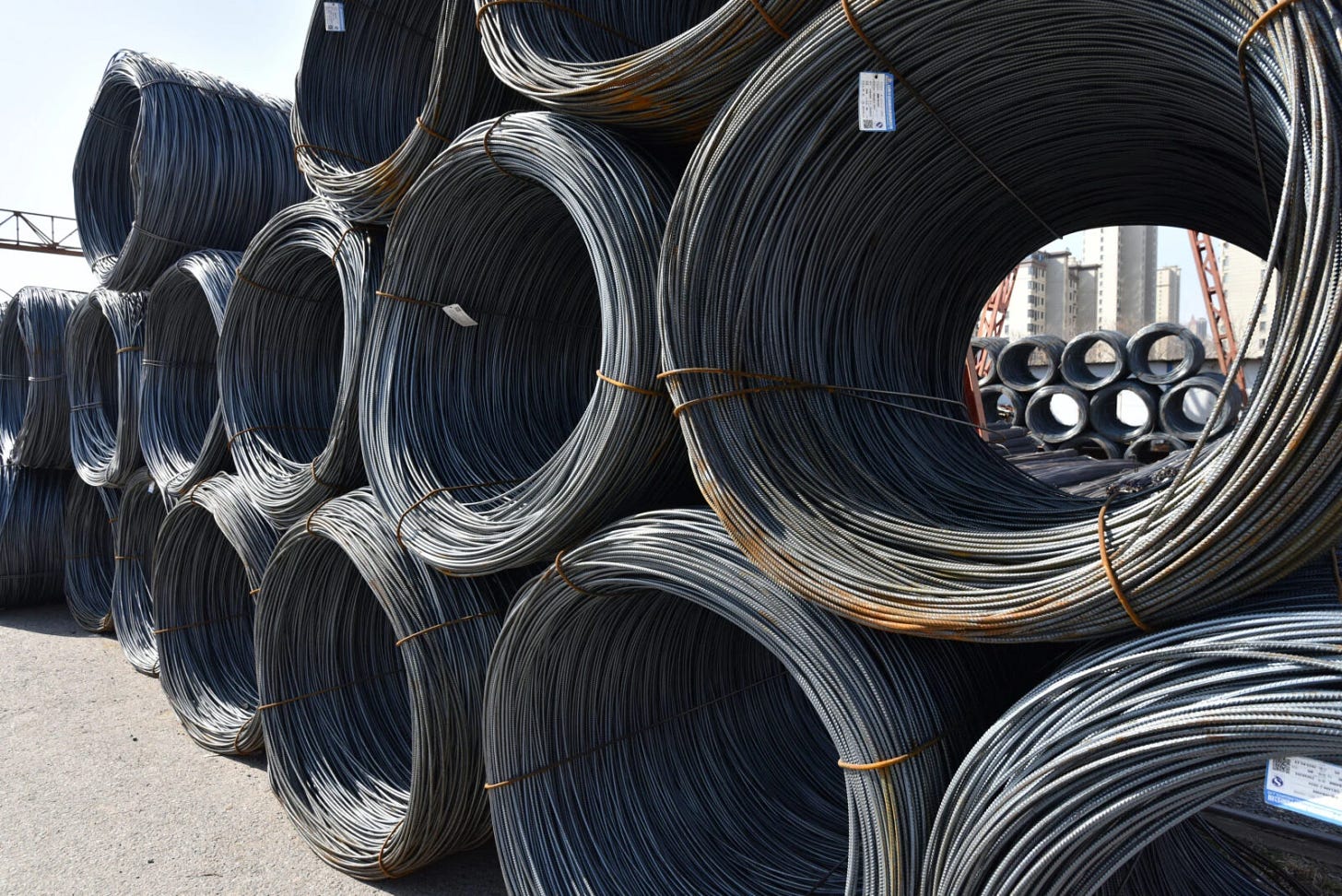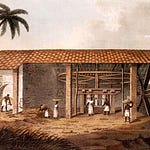
Donald Trump’s return to the U.S. presidency has introduced significant uncertainty to global trade dynamics pushing Brazil’s relationship with the U.S. to the forefront. Trump's proposed "reciprocal tariffs" policy, targeting steel, aluminum, and ethanol, among other products, has raised concerns in Brazil and beyond. While initial market reactions were relatively subdued, Brazilian leaders are preparing for potential retaliation and exploring options such as appeals to the World Trade Organization (WTO). The situation is further complicated by potential ripple effects on global steel markets, particularly involving China, and broader concerns about the future of international trade and democracy under a more nationalistic U.S. foreign policy.
Trump's "Reciprocal Tariffs" and Global Protectionism
Trump's administration is proposing a policy of "reciprocal tariffs," targeting countries perceived to impose unfair taxes on U.S. imports. This policy extends beyond import tariffs to include internal taxes, regulations, and currency policies. The approach aligns with a broader trend of rising protectionism globally, as seen in recent years with trade disputes between the U.S. and China, and increased scrutiny of trade agreements worldwide.
Brazilian Vice President Geraldo Alckmin stated, "It's natural for the new American administration to want to evaluate its foreign trade, study and assess the issue of foreign trade. Brazil is not a commercial problem for the United States. Our trade balance in goods is balanced. We export $40 billion and import $40 billion". This highlights the balanced nature of Brazil-U.S. trade, potentially complicating Trump's justification for tariffs.
Impact on Global Steel and Aluminum Markets
The proposed tariffs pose a significant threat to global steel and aluminum exports, with Brazilian industries particularly vulnerable. Tariffs could range up to 28%, according to Capital Economics estimates. This move could trigger a reshuffling of global steel and aluminum trade flows, potentially benefiting some producers while harming others.
The CEO of Usiminas, a major Brazilian steelmaker, warned, "These tariffs being imposed may generate a greater flow of steel, in many cases subsidized, to countries that have low defenses against imports.". This highlights concerns about potential market distortions and the flooding of subsidized Chinese steel into markets like Brazil.
International Response and WTO Involvement
President Lula's emphasis on reciprocity in response to U.S. tariffs reflects a broader international sentiment. He stated, "If they tax Brazilian steel, we will react commercially: either we will file a complaint with the World Trade Organization, or we will tax products that we import from them.". This approach aligns with actions taken by other countries in response to previous U.S. tariffs, such as the EU's retaliatory measures in 2018.
The potential involvement of the WTO underscores the global nature of this trade dispute. However, the effectiveness of WTO intervention remains uncertain, given the organization's challenges in recent years and the U.S.'s historical skepticism towards its rulings.
Global Economic Consequences
The proposed tariffs could have far-reaching economic consequences beyond Brazil and the U.S. Paul Ashworth, chief economist at Capital Economics, warned that this new taxation approach could raise the effective average tariff on U.S. imports from 3% to approximately 20%, potentially resulting in a temporary increase in U.S. inflation of up to 4%. Such inflationary pressures could have knock-on effects on global financial markets and monetary policies.
The Ethanol Dispute in a Global Context
The ethanol dispute between Brazil and the U.S. reflects broader global debates about agricultural subsidies and trade barriers. Evandro Gussi, president of UNICA (Brazilian Sugarcane Industry Association), stated he, "regrets Trump's decision and said that the USA is not an 'open-market paradise' as the White House claims.” This highlights the complex nature of agricultural trade negotiations, which often involve sensitive political and economic considerations in many countries.
Geopolitical Implications and Democratic Concerns
Lula's expressed concerns about global democracy in light of shifts in U.S. foreign policy under Trump reflect wider international apprehensions. He noted, "I am concerned about this because what is at risk in the world is democracy, and they are now denying all of this. I find it precarious." This sentiment echoes concerns raised by various world leaders about the potential impact of isolationist and protectionist policies on global cooperation and democratic values.
Outlook
The future of global trade relations, with Brazil-U.S. dynamics as a key component, remains uncertain. The coming months will be critical as governments worldwide navigate the potential resurgence of U.S. protectionist policies. The situation calls for a delicate balance between protecting national interests and maintaining a cooperative global trade environment. The potential for a broader trade war and its implications for international relations and democracy warrant close monitoring by policymakers and business leaders globally.










